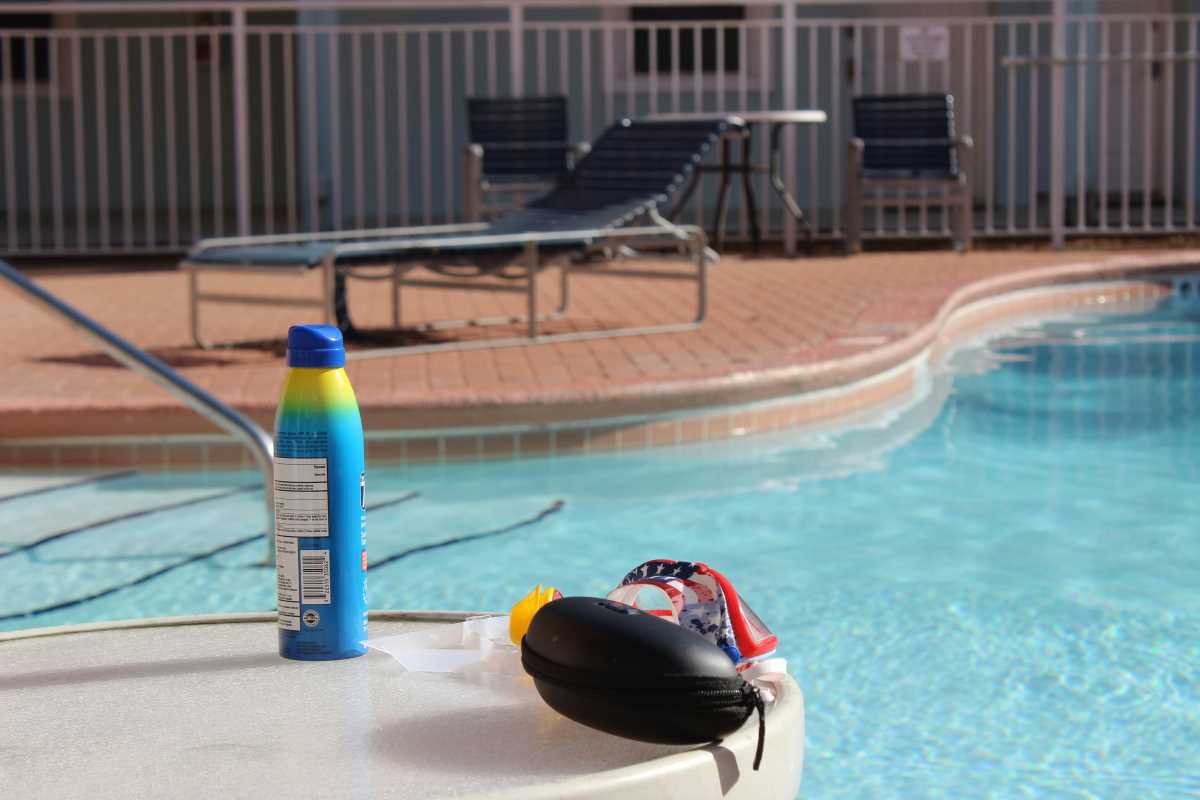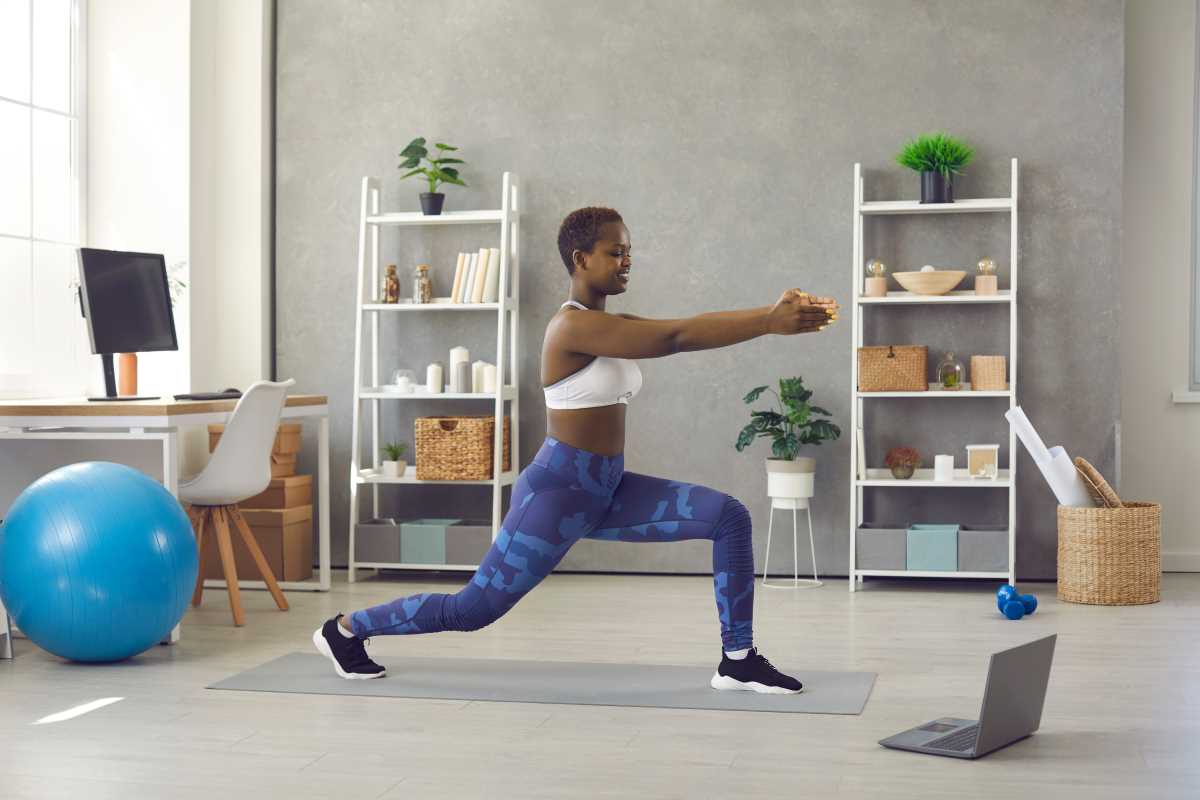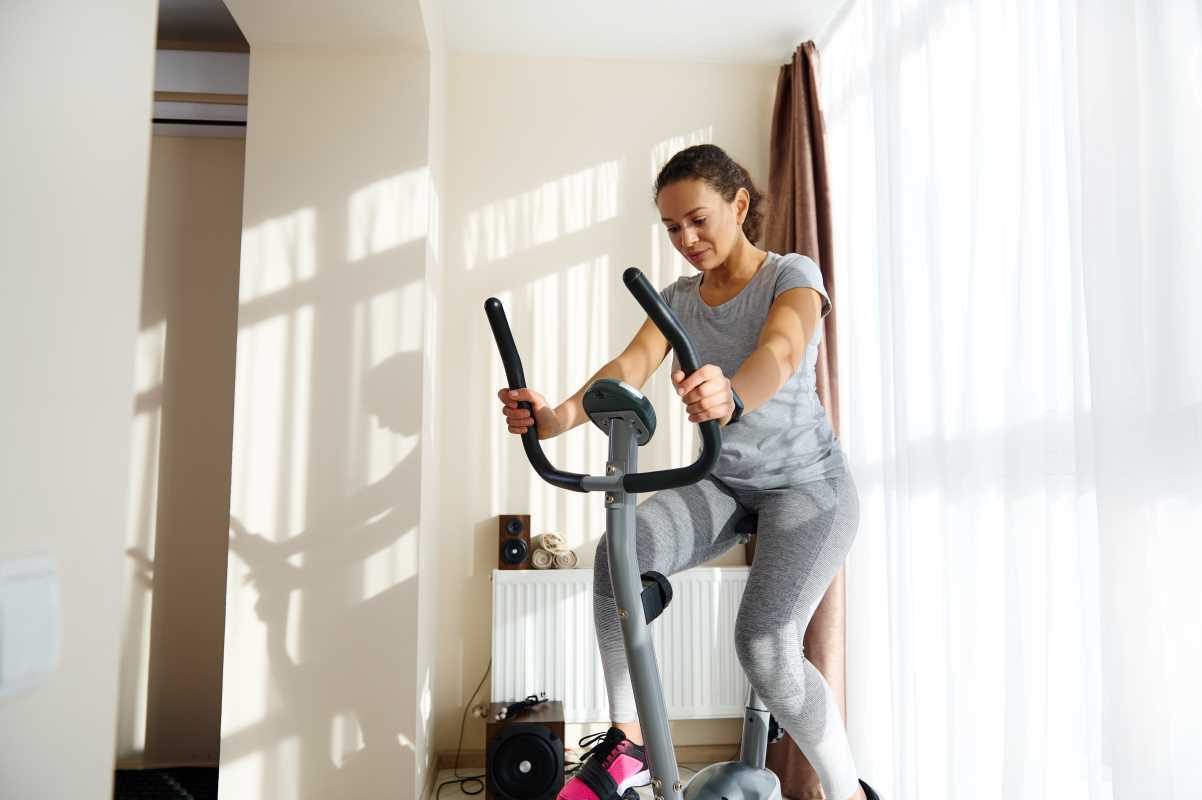As temperatures rise during the summer months, staying hydrated becomes more critical than ever. Dehydration can lead to a variety of health issues, including fatigue, headaches, and even heat-related illnesses. Understanding how to maintain proper hydration during hot weather can help you enjoy the season while keeping your body functioning optimally.
Understand Your Hydration Needs
Hydration needs can vary based on several factors, including age, activity level, and the climate you live in. Generally, it’s recommended to drink at least eight 8-ounce glasses of water daily, but this can increase during hot weather or intense physical activity. Listening to your body is key; pay attention to thirst cues and the color of your urine. A light yellow hue typically indicates proper hydration, while darker urine suggests you need to drink more fluids.
Start Your Day with Water
One of the easiest ways to kickstart your hydration is by drinking a glass of water first thing in the morning. After a night of sleep, your body is often dehydrated, and replenishing fluids right away sets a positive tone for the day. Consider keeping a water bottle by your bedside to remind yourself to drink as soon as you wake up. This simple habit can significantly contribute to your overall daily hydration.
Carry a Water Bottle
Having water readily available is one of the most effective ways to stay hydrated throughout the day. Invest in a reusable water bottle that you can carry with you wherever you go. This not only serves as a constant reminder to drink but also makes it easy to track your intake. Aim to refill your bottle several times a day and consider marking the levels on the side to encourage yourself to meet your hydration goals.
Incorporate Hydrating Foods
While drinking water is essential, you can also boost your hydration through your diet. Many fruits and vegetables have high water content, making them excellent choices for hot weather. Watermelon, cucumbers, oranges, and strawberries are just a few examples of hydrating foods. Including these in your meals and snacks can help increase your fluid intake naturally. Salads and smoothies can be particularly refreshing during hot days while providing necessary hydration.
Opt for Electrolyte Drinks
During hot weather or intense physical activity, your body loses not only water but also electrolytes through sweat. Replenishing these essential minerals is crucial for maintaining hydration and overall health. Consider incorporating electrolyte drinks, coconut water, or sports drinks into your hydration routine, especially if you engage in prolonged outdoor activities. Just be mindful of added sugars in some beverages and choose options with lower sugar content when possible.
Set Reminders to Drink Water
In the hustle and bustle of daily life, it’s easy to forget to drink water. Setting reminders can be a helpful strategy to ensure you stay hydrated. Use your phone’s alarm or a hydration app to prompt you to take a sip every hour. You can also create a routine where you drink a glass of water after each meal or snack. These little habits can add up and make a significant difference in your overall hydration.
Monitor Activity Levels
Physical activity increases fluid loss, making it crucial to hydrate before, during, and after exercise. If you’re planning to spend time outdoors or engage in sports, ensure you drink extra water beforehand. During prolonged activity, aim to take hydration breaks, especially if you're sweating heavily. Post-activity, replenish fluids and electrolytes to support recovery. Understanding your body’s response to heat and exercise can help you maintain optimal hydration levels.
Choose Hydrating Beverages Wisely
While water is the best choice for hydration, other beverages can contribute to your fluid intake as well. Herbal teas, flavored water, and even diluted fruit juices can be refreshing alternatives. However, be cautious with caffeinated and alcoholic beverages, as they can lead to dehydration. If you enjoy coffee or tea, consider balancing them with additional water intake to offset any potential diuretic effects.
Stay Cool
Finding ways to cool down can also help maintain hydration levels. When temperatures rise, your body works harder to regulate its temperature, leading to increased fluid loss. Seek shade or air-conditioned spaces whenever possible. Taking cool showers or baths can also lower your body temperature and reduce sweating. The cooler you feel, the less likely you are to sweat excessively, helping to conserve fluids.
Listen to Your Body
Finally, one of the best strategies for staying hydrated is simply listening to your body. Pay attention to signs of dehydration, such as dry mouth, fatigue, dizziness, or headaches. If you notice any of these symptoms, take immediate action by drinking water or electrolyte-rich beverages. Staying in tune with your body’s needs is crucial for maintaining hydration, especially during hot weather.
 (Image via
(Image via





